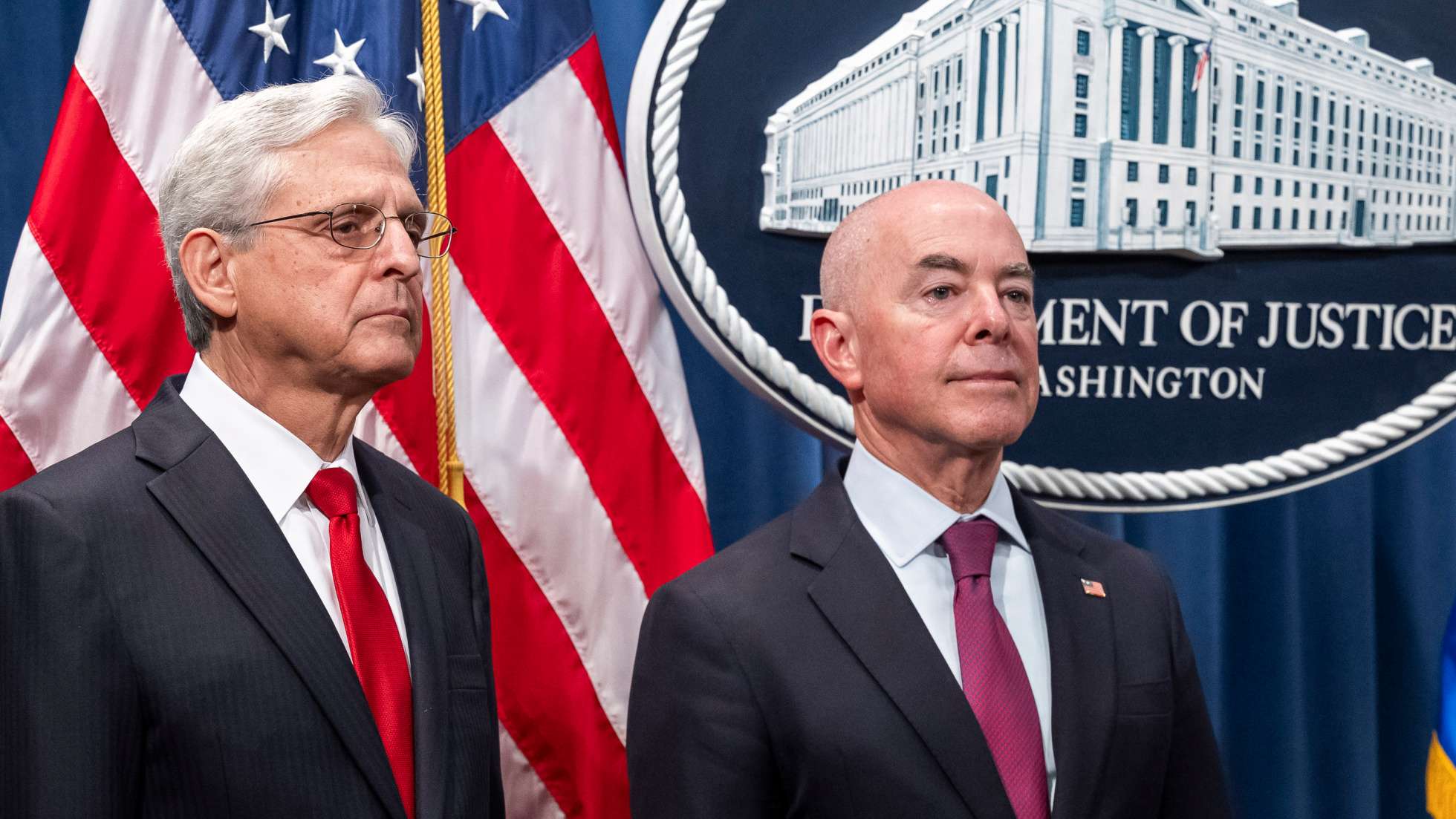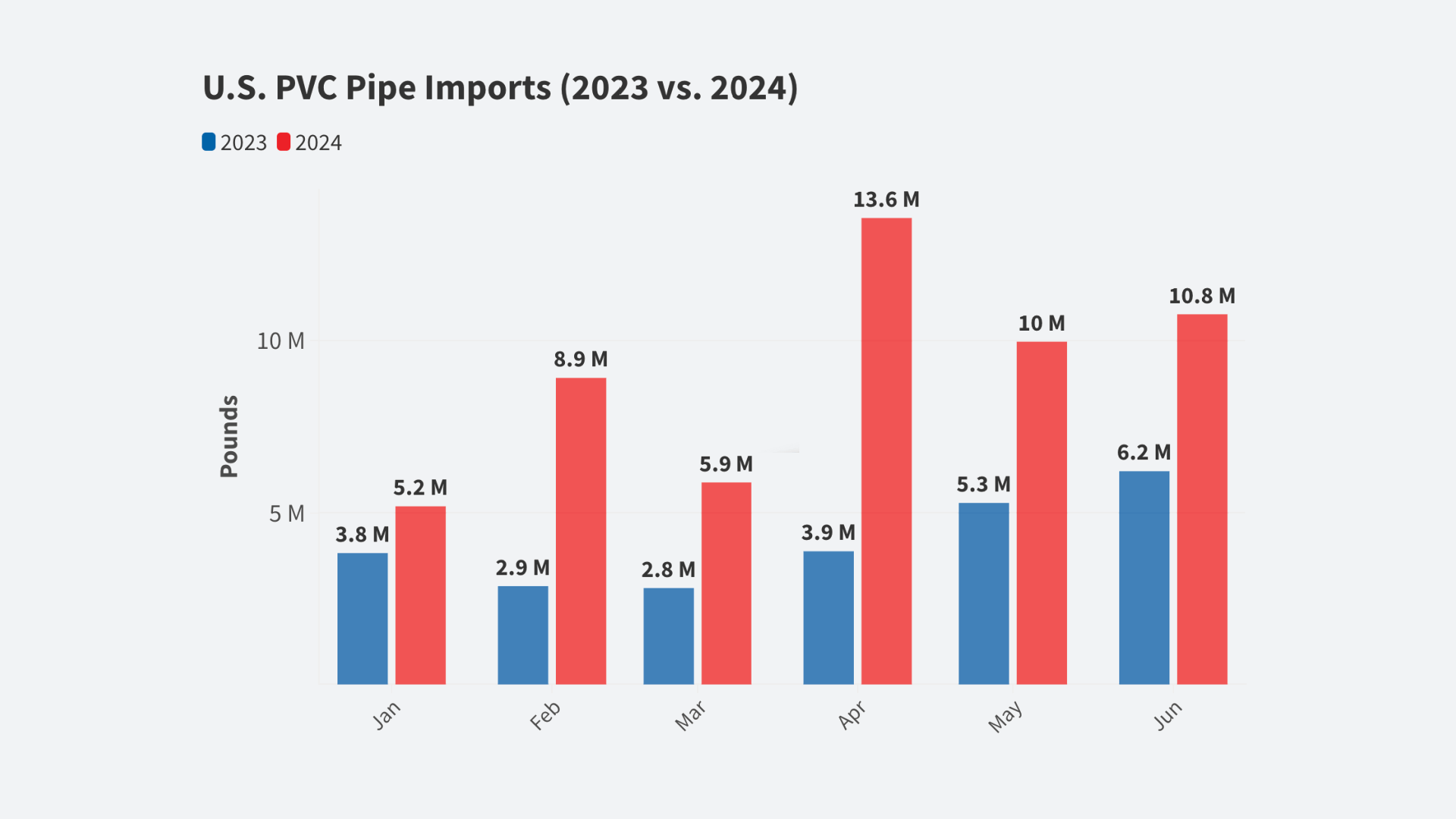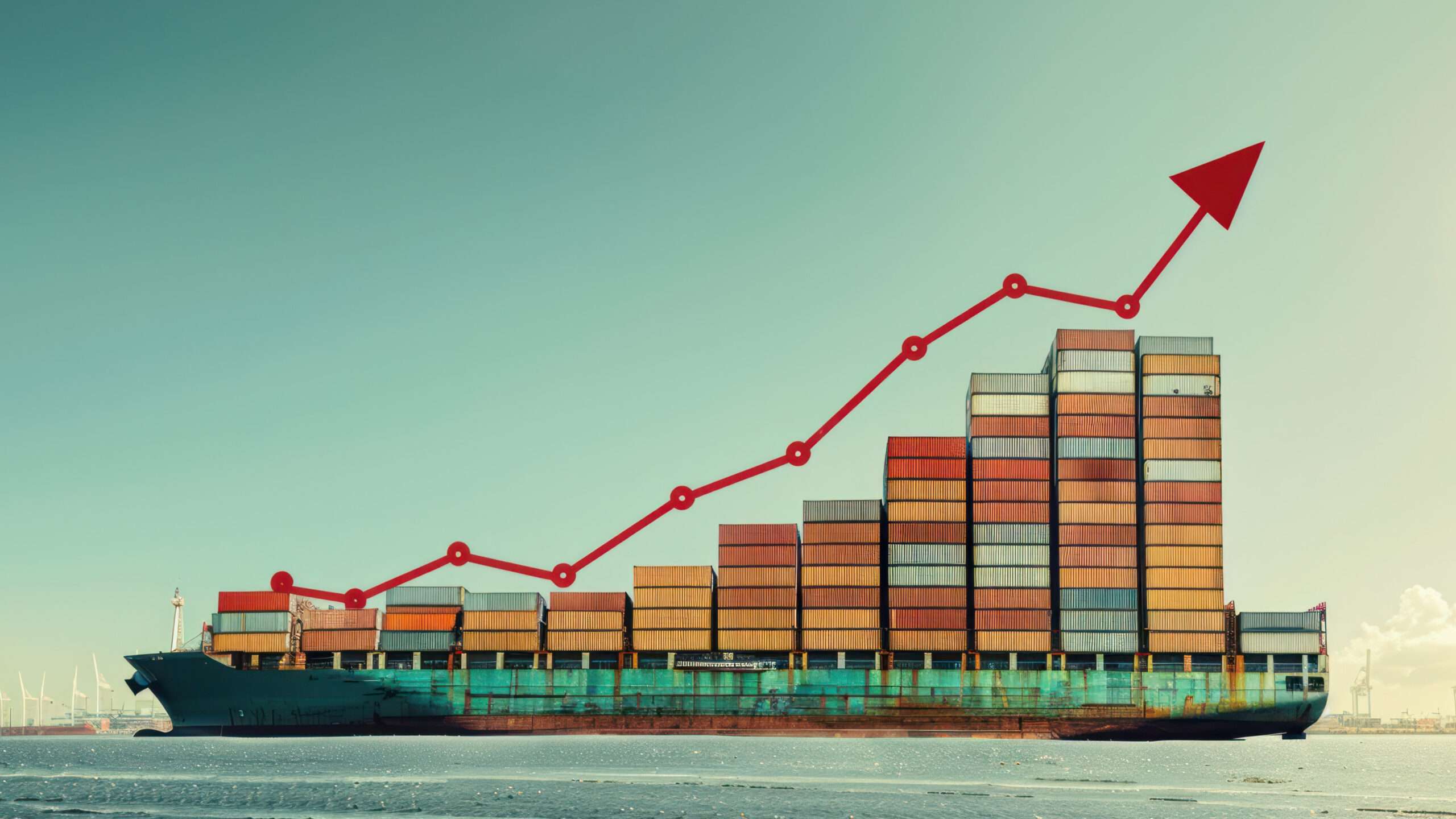President Donald Trump had harsh words for Germany at a NATO meeting in Belgium this week, where he reportedly referred to the Germans as “bad, very bad.” Gary Cohn, the president’s top economic adviser, later clarified that Trump was referring to Germany’s trade practices.
[DANNY VINIK] May 26th, 2017 [Politico]
The criticism of a close U.S. ally at a typically pre-programmed diplomatic conference raised eyebrows across Europe, as world leaders sought to understand the new, unpredictable American president. But to many economists, such criticism was long overdue. They believe Germany’s economic policies really have hurt global economic growth, especially in Europe whose recovery from the 2008 financial crisis has been very slow — much slower than in the United States.
“They are valid criticisms, certainly of the German macroeconomic policies,” said Gary Hufbauer, a trade expert who worked in the Treasury Department in the 1970s.
The U.S.-German relationship is one of the strongest in the world and was especially close over the past eight years, as German Chancellor Angela Merkel and former U.S. President Barack Obama formed a tight personal bond that led to increased cooperation on national security issues. But Obama also was reticent to publicly criticize Merkel, even as many economists warned that Germany was holding back European growth and dragging down the global economy.
Trump and Merkel have no such close personal ties and the president has shown little hesitancy to break long-held diplomatic norms, especially on trade policy, one of his top campaign issues. Already, Trump has pulled the U.S. out of the Trans-Pacific Partnership, given Congress official notice of his intent to renegotiate NAFTA and promised to eliminate the U.S. trade deficit. He has criticized South Korea’s trade practices, targeted cheap Chinese steel, and slapped a large tariff on Canadian lumber.
It’s a protectionist trade agenda the likes of which the U.S. has not seen for decades and it has left many economists, who generally oppose tariffs for restricting the free flow of goods, scratching their heads. But when it comes to Germany and its economic policies, they say, Trump is aiming in the right direction, although his diagnosis still misses the mark.
At the NATO summit on Thursday, Trump focused on Washington’s $65 billion trade deficit in goods with Berlin, the U.S.’s fifth largest with any country, and German tariffs on American-made cars and trucks. Trump has a point when he criticizes the U.S.-Germany trade deficit: German exports really are artificially inflated. Contrary to Trump’s focus on automobile tariffs, though, this isn’t because of any specific German trade policy. In fact, Germany doesn’t even have its own trade policy. Instead, the European Union sets trade policy for its members and Germany is a part of it. “The European Union is a full customs union — lock, stock and barrel,” said Brad Setser, a former senior official in the Treasury Department under Obama. “Germany is one voice amongst many in setting the common European tariff policy.”
How are German exports inflated then? It has to do with Germany’s fiscal policy and the European Union’s currency. For years, German rules and regulations have held down wage growth. With productivity growing faster than workers’ pay, German manufacturers have developed a competitive advantage against their international counterparts. Furthermore, this slow wage growth, in combination with tight fiscal policy, has led to less German consumer demand, an especially large problem for countries like Spain, Greece and Italy that have suffered because of lower consumer demand since the financial crisis. In other words, German citizens could be buying Greek wines and Italian pastas, providing an influx of money into those countries. But German economic policies have choked off such consumer spending, holding back both the recovery of their weaker neighbors as well as the global economy.
“By not encouraging a stronger domestic demand, Germany continues to be reliant on trade and exports to maintain their economic strength,” said Bruce Hirsh, a former assistant U.S. trade representative. “They would, of course, claim that’s just good economics. Whether that’s the case or not, it’s certainly having that impact.”
Germany has also benefited from the euro. The value of the euro is based on international trade and capital flows of the 18 countries that use the currency. Because Germany has a relatively stronger, more productive economy than its EU counterparts, the euro is effectively undervalued for Germany. In other words, if Germany was still using the deutschmark, the currency would be stronger, reducing exports and increasing imports. Germany would be less competitive internationally if it had a national currency. According to an International Monetary Fund report from last year, German’s inflation-adjusted exchange rate is undervalued by 10 percent to 20 percent, up from 5 percent to 15 percent in 2014. And in 2016, Germany’s dollar-denominated current account surplus — the amount savings exceed investment — was $300 billion, the largest in the world.
The Germans have also exported these macroeconomic policies to the rest of the Eurozone by forcing nations like Greece to adopt tight fiscal policy in exchange for bailouts. Such policies have benefited German manufacturers which have maintained their economic competitiveness, but it has led to a very slow recovery across Europe, which has weighed on the global economy.
The Obama administration pressured Germany to ease its fiscal policy and support looser monetary policy at the ECB, including through semi-annual Treasury Department reports on foreign exchange rate policies and privately during international forums. It’s tough to tell how much those entreaties actually accomplished; economists still hold that German economic policy is too tight, although the European economic recovery appears to be accelerating.
Will Trump’s blunt language have a stronger effect? Economists are skeptical. After all, Trump in targeting German carmakers is missing the true problems with German economic policies and by focusing on German tariffs, he is getting basic facts wrong about European trade policy. In addition, his broader protectionist stance on trade has not engendered much goodwill with European leaders and the fate of the U.S.-EU trade deal, the Transatlantic Trade and Investment Partnership, remains unknown. None of this gives Merkel, who is up for reelection later this year, any reason to change course.
Said Hufbauer, “The Germans are quite happy with their surplus with Europe and surplus with the U.S. So what can really be done?”













